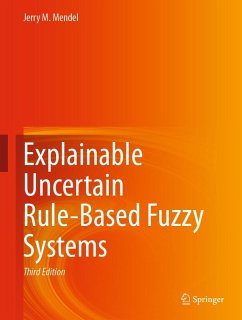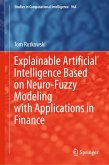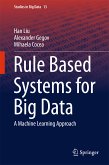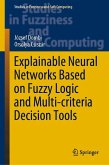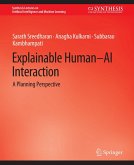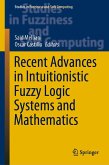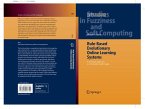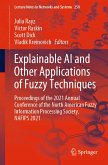The third edition of this textbook presents a further updated approach to fuzzy sets and systems that can model uncertainty - i.e., "type-2" fuzzy sets and systems. The author demonstrates how to overcome the limitations of classical fuzzy sets and systems, enabling a wide range of applications, from time-series forecasting to knowledge mining to classification to control and to explainable AI (XAI). This latest edition again begins by introducing classical (type-1) fuzzy sets and systems, and then explains how they can be modified to handle uncertainty, leading to type-2 fuzzy sets and systems. New material is included about how to obtain fuzzy set word models that are needed for XAI, similarity of fuzzy sets, a quantitative methodology that lets one explain in a simple way why the different kinds of fuzzy systems have the potential for performance improvements over each other, and new parameterizations of membership functions that have the potential for achieving even greater performance for all kinds of fuzzy systems. For hands-on experience, the book provides information on accessing MATLAB, Java, and Python software to complement the content. The book features a full suite of classroom material.
Dieser Download kann aus rechtlichen Gründen nur mit Rechnungsadresse in A, B, BG, CY, CZ, D, DK, EW, E, FIN, F, GR, HR, H, IRL, I, LT, L, LR, M, NL, PL, P, R, S, SLO, SK ausgeliefert werden.

